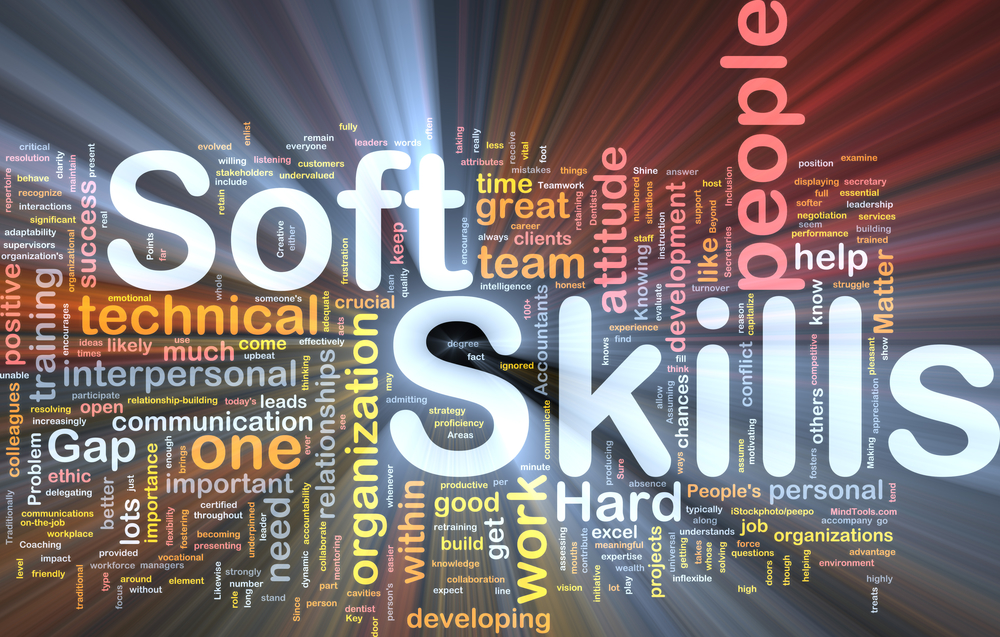 Many employers treat hiring like a blind date, hoping for “love at first sight.” They spend a little bit of time with a candidate. They ask some basic questions, then ask a few more questions as they come to mind. They think they have the job candidate all figured out, so they “propose” and attempt to seal the deal with a job offer. I know that a job offer is not quite the same as making a marriage proposal after one or two dates, so what could go wrong?
Many employers treat hiring like a blind date, hoping for “love at first sight.” They spend a little bit of time with a candidate. They ask some basic questions, then ask a few more questions as they come to mind. They think they have the job candidate all figured out, so they “propose” and attempt to seal the deal with a job offer. I know that a job offer is not quite the same as making a marriage proposal after one or two dates, so what could go wrong?
A lot can go wrong. A bad hire is almost always costly – it’s just a matter of how much it’s going to cost. A bad hire can have a far-reaching impact on morale, productivity and client relationships. Take a look at this article by Northwestern University on the costs of bad hiring.
When I work with employers as an HR Consultant, I like to ask them what they’d like their next employee to bring to the job and what things the right employee can learn on the job. I call this the “Bring vs. Learn Concept.”
When considering the fit between the position and a potential hire, it makes the most sense to look at what can be learned on the job and what an employee needs to bring to the job on day one. This one concept can help you focus on the right things when interviewing and comparing job applicants.
Many jobs require specific knowledge from day one — education and training and other types of credentials. Nobody, to use one of my favourite examples, wants their dentist to be learning how to fix teeth on the job. They need to have adequate training and competence before they start to work.
 Soft skills are often hard to improve or develop. For example, emotional intelligence, interpersonal skills, tact, judgment are very hard to teach. Soft skills are the things that great job candidates should bring with them into the job because they are so much harder to develop. They are also hardest to determine from a typical interview. Just like during a date, both sides are putting on a bit of a show for the person across the table. How can you drill down, and find out who a person really is, when he or she is doing everything possible to make sure you can’t?
Soft skills are often hard to improve or develop. For example, emotional intelligence, interpersonal skills, tact, judgment are very hard to teach. Soft skills are the things that great job candidates should bring with them into the job because they are so much harder to develop. They are also hardest to determine from a typical interview. Just like during a date, both sides are putting on a bit of a show for the person across the table. How can you drill down, and find out who a person really is, when he or she is doing everything possible to make sure you can’t?
It’s important to hire well and cost-effectively. If you know someone who has learned the hard way or wants to avoid learning the hard way, consider a new approach to hiring. By using Industrial/Organizational Psychology principles and techniques, I have created some very effective screening tools that allow me to assess behaviour as it relates to work. I/O Psychology is also known as business psychology or work psychology. As an I/O psychologist, I have access to the best practices and processes that are also used in some of the world’s most successful companies and by I/O psychologists who share their applied research findings.
Do you need help navigating the world of human resources and work? Contact Dr. Helen today for a free and confidential initial consultation by phone, email, or via direct message on Twitter, Facebook, or LinkedIn. She can develop interview questions and/or simulations to determine which job applicants have the essentials to hit the ground running, and are capable of learning the rest after they start.
In some situations, when you don’t need a full hour, especially when it’s urgent information-by-the-minute via the Magnifi app is a very practical option.
Have you ever wished you could get inside the head of a hiring manager? You can. Dr. Helen Ofosu is a Career Coach/Counsellor with a difference. She has worked for organizations to create hiring and screening tools. She’s created countless pre-screening tests, interviews, simulations, and role plays for organizations of all kinds.
Dr. Helen’s training in Industrial and Organizational (I/O) Psychology means she is a genuine expert in evaluating work-related behaviours. She uses those skills to help hiring managers tell the difference between people who say the right things during interviews and people who actually deliver on the job. In other words, Dr. Helen understands first-hand how job candidates are assessed.
More than career coaching, it’s career psychology®.
I/O Advisory Services – Building Resilient Careers and Organizations.™
Please share this article using any of the social media icons below.



